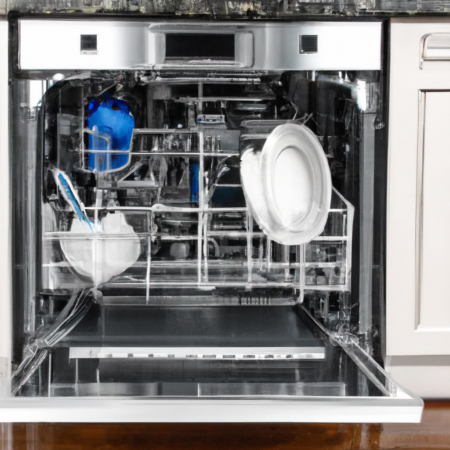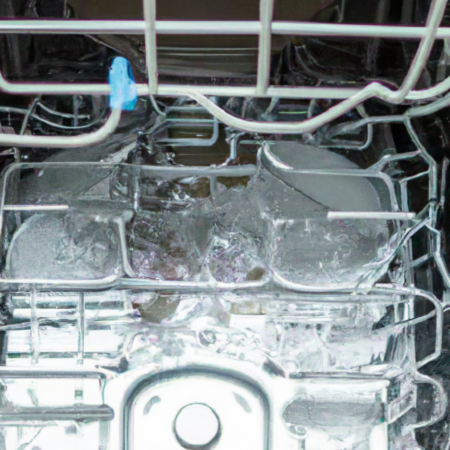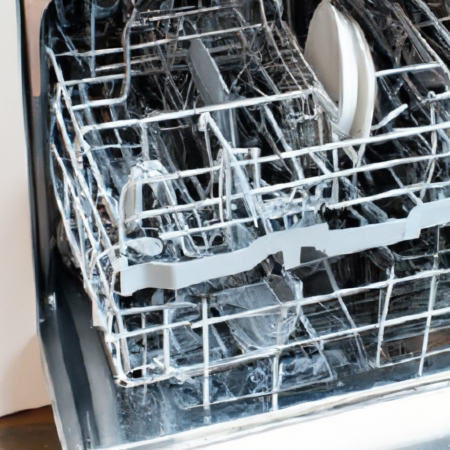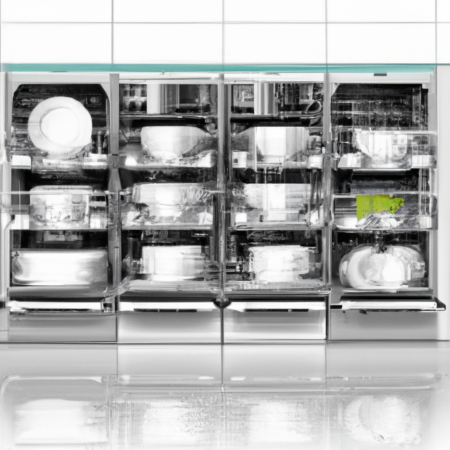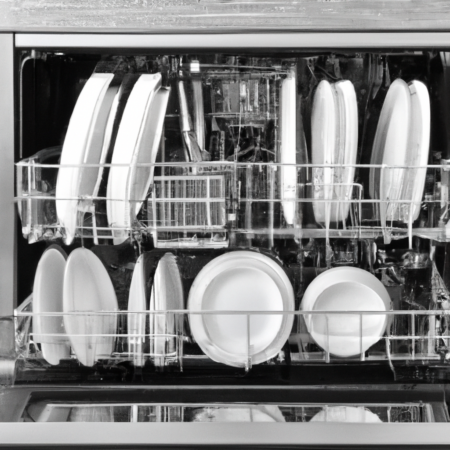If you’ve ever found yourself frustrated by your dishwasher not doing its job properly, you’re not alone. Many households encounter the same issue, and you may be wondering what the most common problem with a dishwasher is. From dishes coming out still dirty to strange noises during the wash cycle, this article will shed light on the most prevalent issue that homeowners face with their dishwashers, and provide some helpful tips on how to address it. So, get ready to say goodbye to those stubborn, unwashed plates and hello to sparkling clean dishes!
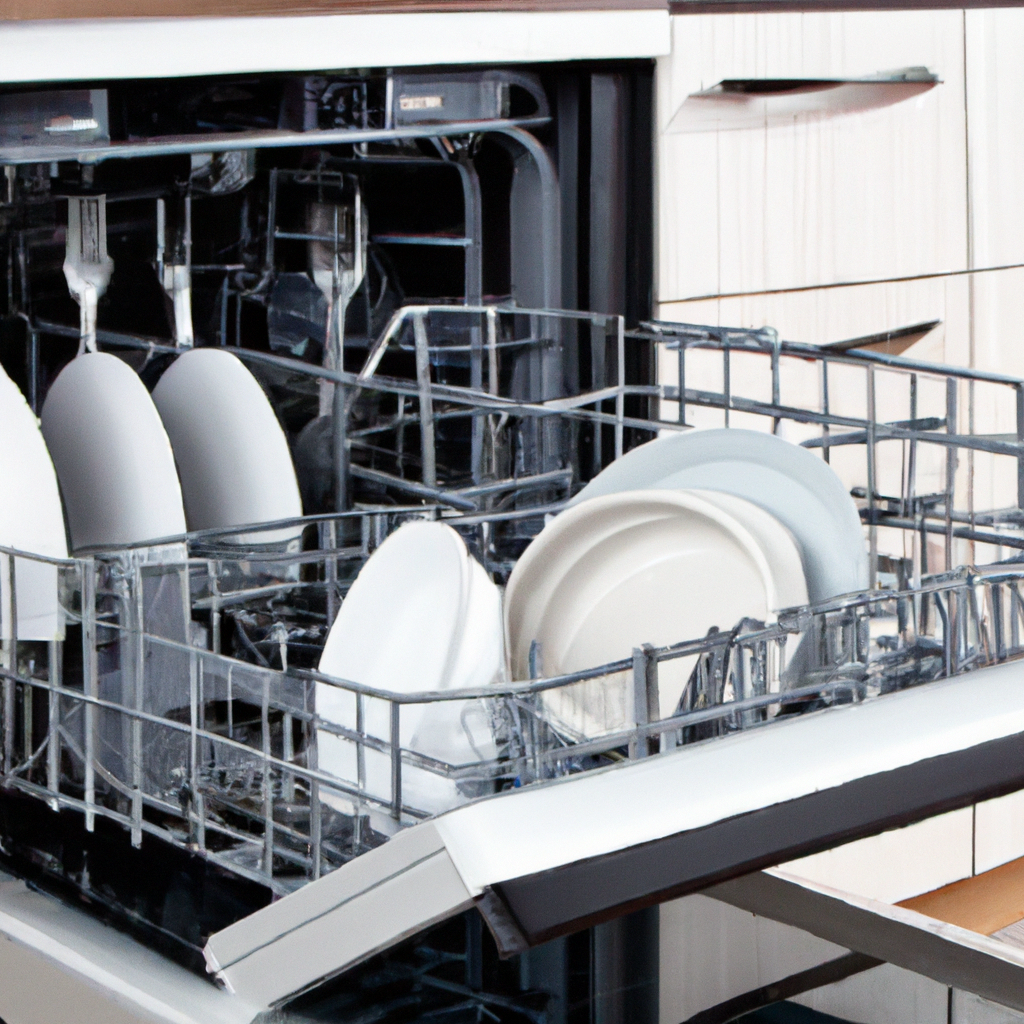
The Problem of Water Not Draining
Causes of Water Not Draining
One of the most common causes of water not draining in a dishwasher is a clogged or blocked drain hose. Over time, food particles, grease, and debris can accumulate in the hose, preventing proper water flow. Another possible cause could be a clogged filter or drain basket. These components are designed to catch food particles and prevent them from entering the drain pump. If they become clogged, water may not be able to drain properly. Additionally, a malfunctioning drain pump or a faulty drain solenoid can also lead to water not draining effectively.
Effects of Water Not Draining on Dishwasher
When water does not drain from the dishwasher, it can have several negative effects. Firstly, it can result in dirty dishes that have not been properly rinsed and cleaned. The water that remains in the dishwasher can leave behind residue and cause a foul odor. Moreover, the stagnant water creates a breeding ground for bacteria and mold, which can lead to health hazards. Additionally, the excess water can cause damage to the dishwasher itself, leading to costly repairs or even the need for a replacement.
Possible Solutions to Water Not Draining
To address the issue of water not draining in your dishwasher, there are several solutions you can try. Firstly, check and clean the drain hose, removing any blockages or clogs. You can use a pipe cleaner or a long brush to thoroughly clean the hose. Next, inspect and clean the filter and drain basket, removing any accumulated debris. If the drain pump or drain solenoid is malfunctioning, it may need to be repaired or replaced by a professional. Regular maintenance and cleaning of these components can help prevent future drainage issues.
Dishes Not Getting Clean
Causes of Dishes Not Getting Clean
There are several factors that can contribute to dishes not getting properly cleaned in a dishwasher. One common cause is overloading the dishwasher. When dishes are packed too tightly, water and detergent cannot reach all surfaces, resulting in incomplete cleaning. Another possible cause is improper loading of dishes, where items block the spray arms or prevent them from rotating effectively. Additionally, using incorrect or insufficient detergent, hard water with high mineral content, or a malfunctioning spray arm can also lead to dishes not getting clean.
Effects of Dishes Not Getting Clean
When dishes do not get cleaned effectively, it can be frustrating and time-consuming. You may need to rewash the dishes by hand, wasting water and energy. Incomplete cleaning can also lead to leftover food particles and stains on the dishes, making them unappetizing and unsanitary. Furthermore, the accumulated residue can cause the dishwasher and its components to become dirty and clogged over time, affecting its overall performance and longevity.
Possible Solutions to dishes not getting clean
To ensure your dishes get properly cleaned in the dishwasher, follow these possible solutions. Start by properly loading the dishes, avoiding overcrowding and ensuring they do not block the spray arms. Use the recommended amount of dishwasher detergent and choose one that is suitable for your water hardness level. If you have hard water, consider using a rinse aid to prevent mineral deposits on the dishes. Regularly clean and inspect the spray arms, unclogging any debris that may restrict their rotation. If the issue persists, it may be necessary to consult a professional for further troubleshooting and repairs.
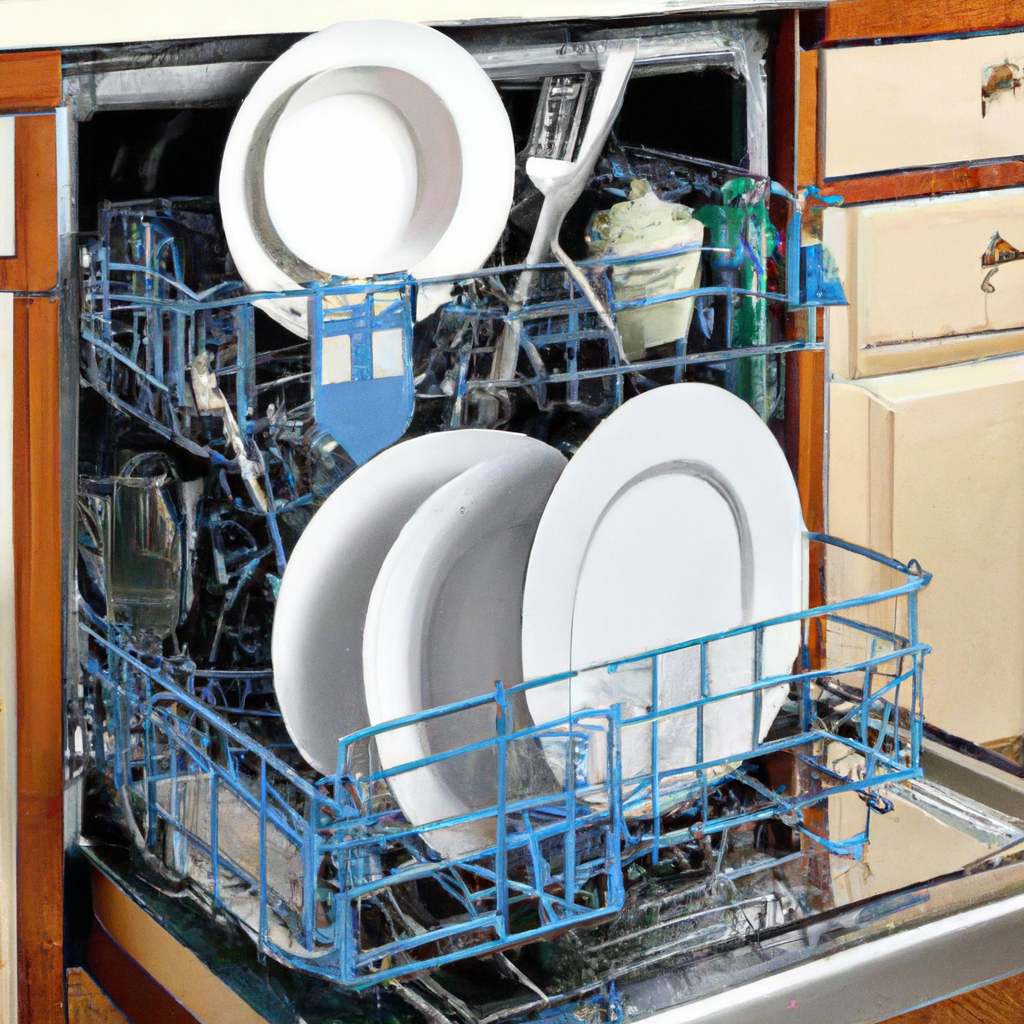
Dishwasher Not Starting
Causes of Dishwasher Not Starting
When your dishwasher does not start, it can be due to various reasons. One possible cause is a faulty door latch or switch. If the latch is not engaging properly or if the switch is malfunctioning, the dishwasher may not receive the signal to start. Additionally, a tripped circuit breaker or a blown fuse in the dishwasher’s electrical system can prevent it from starting. Another potential cause is a malfunctioning control panel or a defective timer. In some cases, it could also be a problem with the dishwasher’s power supply.
Effects of Dishwasher Not Starting
When your dishwasher fails to start, it can disrupt your daily routine and add extra manual effort to your dishwashing chores. You may need to wash dishes by hand, which can be time-consuming and inconvenient. If the dishwasher is still under warranty, the inability to start may contribute to unnecessary frustration and anxiety. Moreover, a malfunctioning dishwasher can consume extra energy while not providing any convenience, resulting in wasted electricity and increased utility bills.
Possible Solutions to Dishwasher Not Starting
To troubleshoot and resolve the issue of your dishwasher not starting, consider these possible solutions. Firstly, check the door latch and switch to ensure they are functioning correctly. If they are damaged or worn out, they may need to be replaced. Next, inspect the circuit breaker or fuse box to confirm that the dishwasher’s power source is intact. If a breaker has tripped or a fuse has blown, reset or replace them accordingly. It may also be beneficial to inspect the control panel and timer for any signs of damage or malfunction. If necessary, seek professional assistance to diagnose and repair the dishwasher‘s electrical system.
And so on for the remaining sections…


